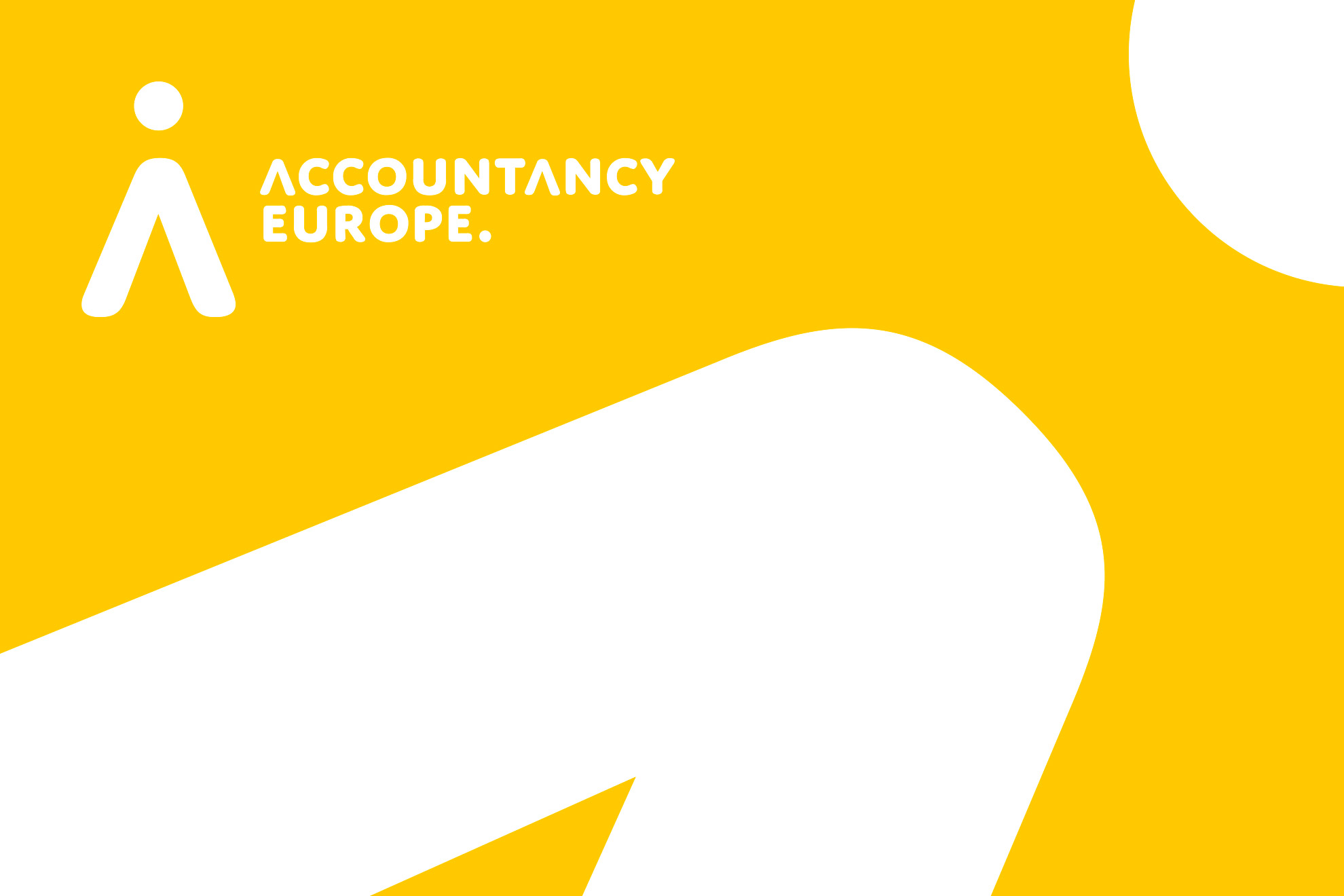
February 2001
The European Commission will issue in the near future a recommendation on statutory auditors’ independence entitled: ‘Statutory Auditors’ Independence in the EU: A set of fundamental principles’. Although not legally binding, it is expected that member states and individual professional bodies will amend their laws and ethical codes so as to meet the terms of the Recommendation.
In 1998 the European accounting profession, through FEE, issued a policy paper called Statutory Audit Independence and Objectivity, which sets out a Common Core of Principles concerning independence issues. FEE has developed a conceptual approach considering the different kinds of threats that arise with respect to statutory audit independence and objectivity and the possible safeguards, including prohibitions where necessary, to offset these threats. This approach has contributed to the European Commission’s Committee on Auditing in developing a European set of fundamental principles for the statutory auditors’ independence and the Commission’s proposed recommendation adheres to the spirit of the FEE framework conceptual approach.
A very similar approach has been used by the Ethics Committee of the International Federation of Accountants (IFAC) in its proposed current draft revision of the section on independence in its Code of Ethics for Professional Accountants.
In order to foster understanding of the conceptual approach to the setting and enforcement of ethical guidance in the current international debate on auditor independence and to explain the preference of a conceptual approach in comparison with a mere rules based approach, the Ethics Working Party of FEE has prepared an additional paper: ‘The conceptual approach to protecting auditor independence’. We hope that this paper will be of use to you in your thinking, discussions on independence matters and the evolution towards a conceptual approach.